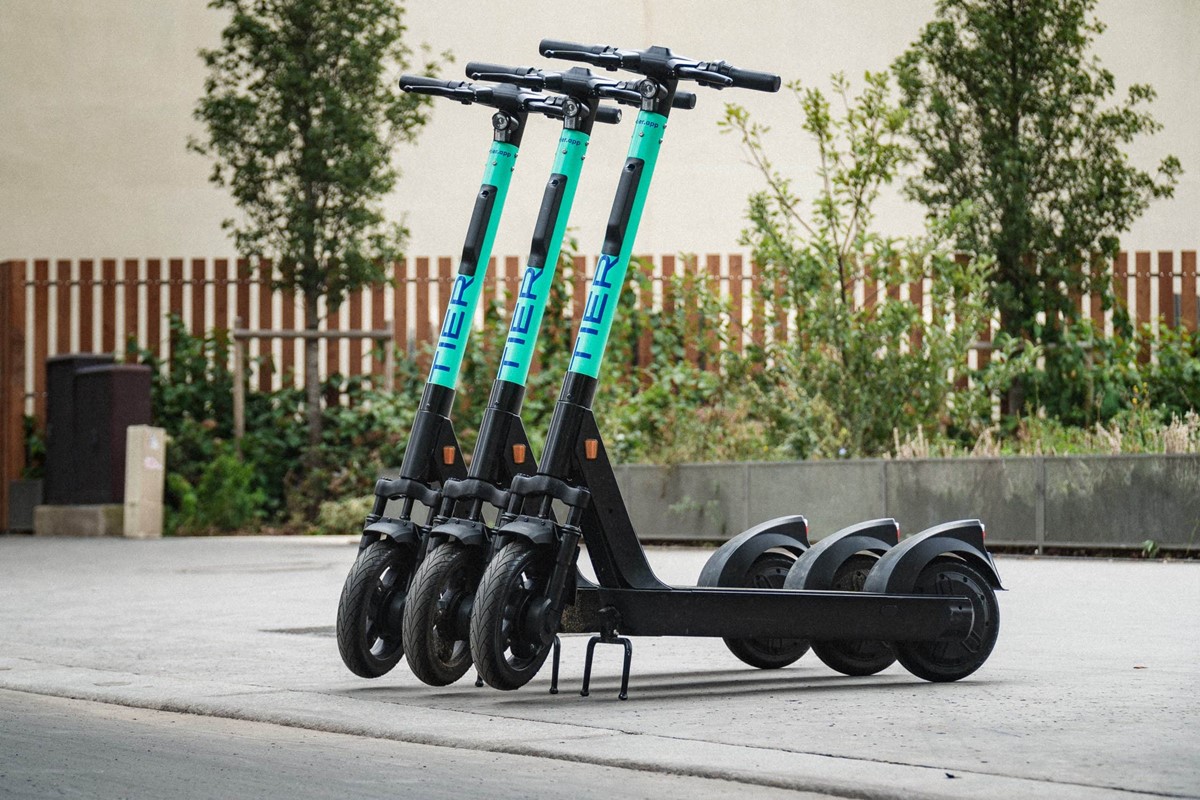Dublin has launched the world’s first E-Scooter Computer Vision Research Pilot.
A fleet of computer vision enabled e-scooters are deployed for DCU staff usage within DCU, and once legislation is passed between the various DCU campuses. The e-scooters will be trialled for six months.
The project is a collaboration between four partners;
- TIER – Europe’s largest e-scooter operator
- Luna – an Irish micro-mobility tech platform
- Insight – the SFI Research Centre of Data Analytics
- Smart DCU, our Smart District collaboration between Dublin City Council, Enable, Insight and DCU Alpha.

The purpose of the research project is to improve e-scooter safety and to contribute to e-scooter safety standards in Ireland.
The e-scooters will be capable of pedestrian detection and lane segmentation algorithms. This will allow the scooter to understand how many people are in their path, as well as whether they are on the road, a cycle lane, or footpath. The technology will ensure that e-scooters are safe from the users perspective as well as pedestrians and other road users. It’s anticipated that the pilot will also address other areas including traffic congestion alerts, road condition monitoring, street infrastructure mapping and kerbside management applications.
The use of ‘Heat Mapping’ which is a data visualisation technique will assist greater e-scooter safety, by flagging footpath riding incidents indicating problematic junctions or inadequate cycling infrastructure.
Separately TIER and DCU will monitor the shift from cars to e-scooters across DCU users, with a focus on reducing the University’s transport-related emissions. TIER will also explore the impact of its ‘Energy Network’ innovation in terms of driving footfall to local retail outlets as part of Dublin City’s post-Covid economic recovery. TIER’s unique model allows users to swap depleted e-scooter batteries at selected charging stations hosted in local retail outlets. At DCU, Londis is the selected charging station for e-scooter users to switch batteries.
Stay tuned for more updates as the project progresses.
